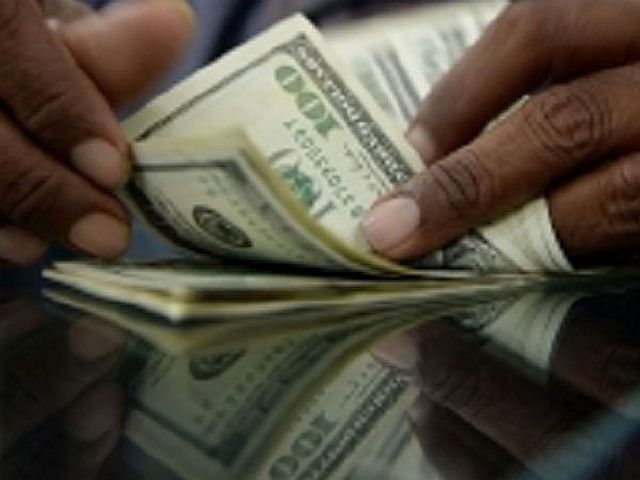How PH can keep up with Asean neighbors

Despite reports of slow influx of foreign direct investments in the country, the Board of Investments Cebu is still optimistic of attracting foreign investors with the new administration’s economic thrusts (AFP File).
The Philippines would need to improve infrastructure, facilitate ease of doing business, streamline government services, and cut red tape to attract more foreign investors into the country.
Ellorence Cruz, Bureau of Investments (BOI) Cebu office chief, cited these factors amid a report and a study showing the slow influx of foreign direct investments (FDIs) to the country as compared to that of its Asean (Association of Southeast Asian Nations) neighbors.
“These are the most important factors that affect FDIs,” Cruz said as she showed optimism that the country when it would come to FDIs could still catch up with her neighbors under the new administration.
“The present administration espouses change and so we foresee a lot of changes in terms of investments as well,” she told Cebu Daily News in a phone interview.
Asean report
According to a report by the Asean, FDI to the region declined by 8 percent to $120 billion last year. However, inflows to Cambodia, Laos, Vietnam, and Myanmar increased by 38 percent to $17.4 billion.
The Philippines drew in $5.7 billion last year, unchanged from 2014.
FDI is defined as the large, long-term, physical investments brought into a country by foreign businesses. The difference between FDI and foreign portfolio investments is that the latter are made in the stock and bond market, easily entering and leaving.
In a separate study, Standard Chartered found that around 40 percent of foreign investors in China chose Vietnam if the need to relocate arose. Cambodia came second with 25 percent while only 3 percent of investors considered moving their business to the Philippines.
Economist’s reaction
Cebuano economist Fernando Fajardo, on the other hand, said he agreed with both Asean and Standard Chartered, which is a British multinational and financial banking services company.
Fajardo said Vietnam and other countries in the former French Indo-China as newcomers, in fact, have more room for investments in many areas.
“It’s like writing on a blank sheet of paper. (There is) nothing much to correct or erase yet,” he said.
Standard Chartered said that what made Vietnam such an attractive investment destination was its proactive stance in opening up its economy to foreign investors.
The banking and financial services company also said that Vietnam signed up to a number of regional trade agreements, which investors saw would bring down costs for them.
Mining, manufacturing
In an earlier news report, Fajardo said the country should prioritize stimulating the industries, particularly the mining and manufacturing sectors, to boost economic growth.
The Philippines reportedly aims to do as Vietnam did, having proposed key reforms such as the improvement of power supply, correction of the corporate income tax structure, allowing foreign businesses to hold long-term land leases and increasing the foreign ownership cap from 40 percent to 70 percent.
1st half investments
From January to July this year, the BOI already registered P210.37 billion worth of investments, driven by big-ticket energy and infrastructure projects, reflecting an increase of 98 percent from figures in 2015.
The BOI, according to an Inquirer report, said that these commitments will be poured into 192 projects which can generate around 37,487 jobs at full operation.
At P9.83 billion worth of investments, Singapore topped the list of investment sources in the first seven months of 2016. Trailing behind are the Netherlands, South Korea, Japan, and the British Virgin Islands.
BOI Cebu, meanwhile, registered P25.4 billion worth of investments in the first half of 2016.
Disclaimer: The comments uploaded on this site do not necessarily represent or reflect the views of management and owner of Cebudailynews. We reserve the right to exclude comments that we deem to be inconsistent with our editorial standards.
